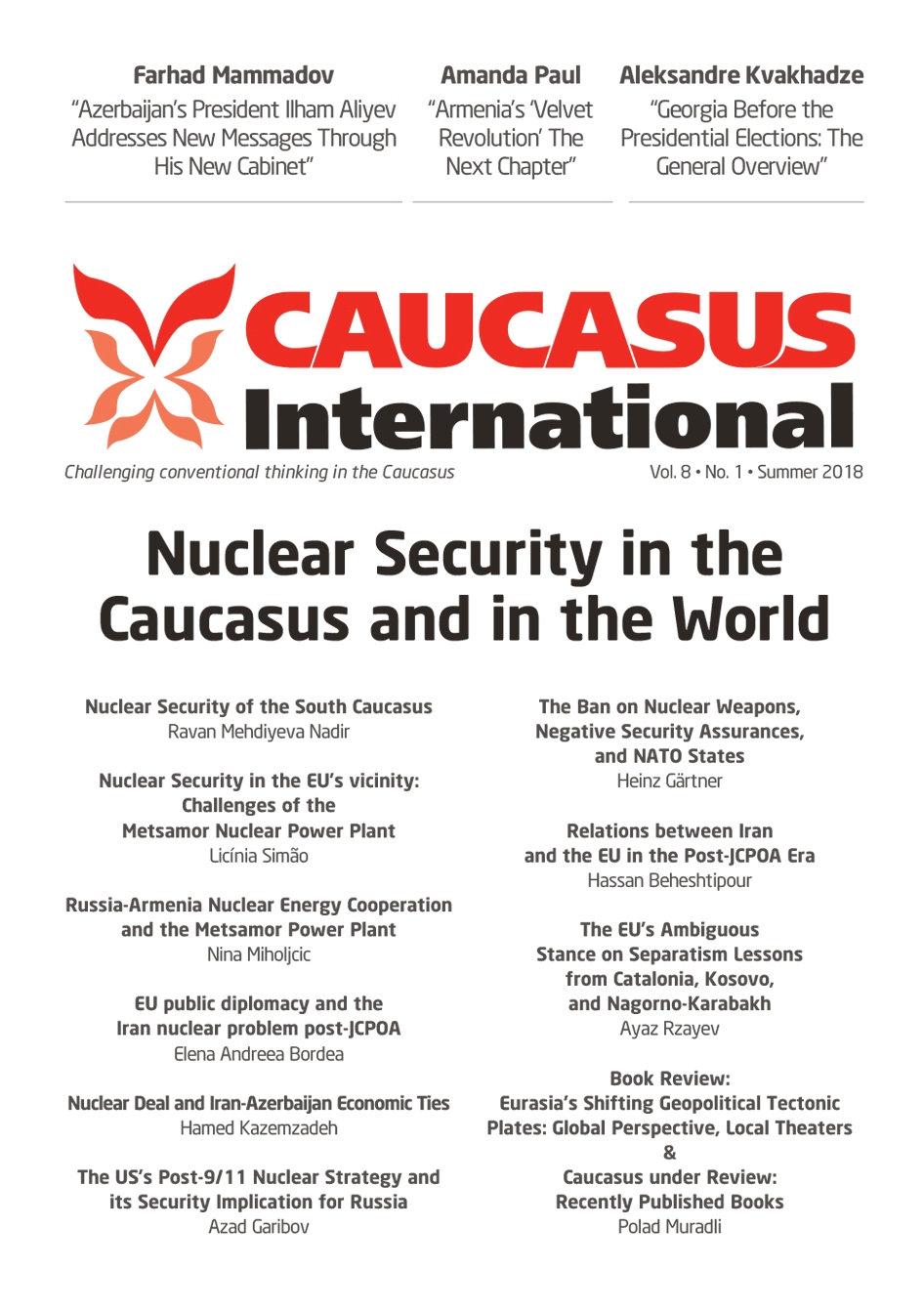The EU’s Ambiguous Stance on Separatism Lessons from Catalonia, Kosovo, and Nagorno-Karabakh
In October 2017, the Catalonian government held a referendum on Catalan independence which was subsequently declared illegal by Spain on the grounds that it violated the Spanish Constitution. The vote triggered the invocation of Article 155 of the Spanish Constitution, which allowed the central government in Madridto suspend Catalonia’s self-rule. The situation has forced Catalonia into the international spotlight as a potential precursor of other breakaway regions in the EU. Since these separatist movements pose a threat to global and regional stability, their potential spread throughout Europe brings to the fore a pressing challenge that the EU urgently needs to address. The events in Catalonia are the result not only of the complexity of internal Spanish politics, but also reflect a more fundamental issue of how European institutions decide to handle matters of territorial integrity and self-determination in general while continuing to test the adequacy of the EU’s response to these issues in the changing context of international politics. Therefore, this new political context represents a good opportunity to assess whether the EU’s stance on these issues has been consistent so far and whether the EU has, perhaps unintentionally, enabled separatist movements.
Latest news
- 03/17/2020 Call for Submission: “Non-Alignment Movement and Its Perspective in International Affairs”. Deadline: 1 July 2020 2623 views
Popular articles
- 02/24/2020 The Role of Irredentism in Russia’s Foreign Policy 2535 views
- 02/24/2020 Construction of sub-national identity vis-à-vis parent state: Gagauz case in Moldova 2216 views
- 02/24/2020 The Conflict in Ukraine - The Geopolitics of Separatism and Divergent Identities (Commentary) 2071 views
- 02/24/2020 The Role of the Soviet Past in Contemporary Georgia 2044 views





